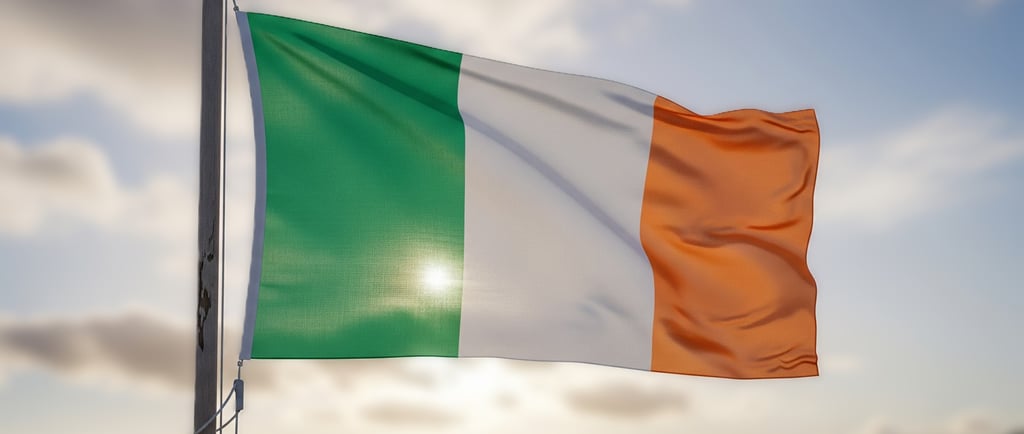Ireland Enforces Historic Trade Ban on Israeli Settlements Amid U.S. Opposition | Human Rights Focus
Ireland takes a bold stand by banning imports from Israeli settlements despite U.S. pressure, reinforcing its commitment to international law and human rights.
Raja Awais Ali
8/9/20252 min read


Ireland Imposes Historic Trade Ban on Israeli Settlements Despite U.S. Pressure
Ireland has taken a firm and historic step by advancing legislation that bans imports of goods from Israeli settlements in the occupied Palestinian territories. This move comes despite strong pressure from the United States and reflects Ireland’s commitment to upholding international law and human rights principles.
The law, known as the "Occupied Territories Bill," seeks to amend existing regulations to prohibit the import of products from areas considered occupied under international law. These areas include the West Bank, Gaza Strip, East Jerusalem, and the Golan Heights. Although the trade volume between Ireland and these territories is limited, the legislation sends a powerful symbolic message opposing the Israeli occupation.
The U.S. government has strongly criticized this move, warning that if the law is enacted, Ireland could be added to a list of countries boycotting Israel. Such designation could impose strict tax and regulatory measures on U.S. companies operating in Ireland, potentially harming economic relations between the two nations. However, Irish officials maintain that Ireland is not alone, noting that several European countries have taken similar actions. They emphasize that Ireland’s position is fully aligned with its legal and ethical responsibilities.
Public support for the bill in Ireland is strong, especially given the ongoing humanitarian crisis in Gaza. Reports indicate that thousands of Palestinians have lost their lives, and many children suffer from severe malnutrition. This tragic situation has compelled Ireland to adopt a firm stance in defense of human rights.
The bill also enjoys cross-party support within Ireland’s parliament. A parliamentary committee has recommended extending the ban to include not only goods but also trade in services originating from the occupied territories. However, legal reviews are ongoing, particularly concerning the ban’s extension to services, and the government is awaiting the Attorney General’s report before proceeding.
Ireland’s decision highlights the growing global debate on how countries should respond to Israeli settlements deemed illegal by the international community. Many view these settlements as a significant obstacle to peace in the region. By taking this stand, Ireland sends a clear message that economic ties should not support activities violating international law or contributing to human suffering.
In conclusion, Ireland’s determination to pass this legislation underscores its courageous commitment to justice, human rights, and the rule of law, even in the face of possible diplomatic and economic consequences. This bold move may set a precedent for other countries facing similar ethical challenges in their foreign policy. As international attention remains focused on the Israeli-Palestinian conflict, Ireland’s position serves as a powerful example of principled action in global politics.